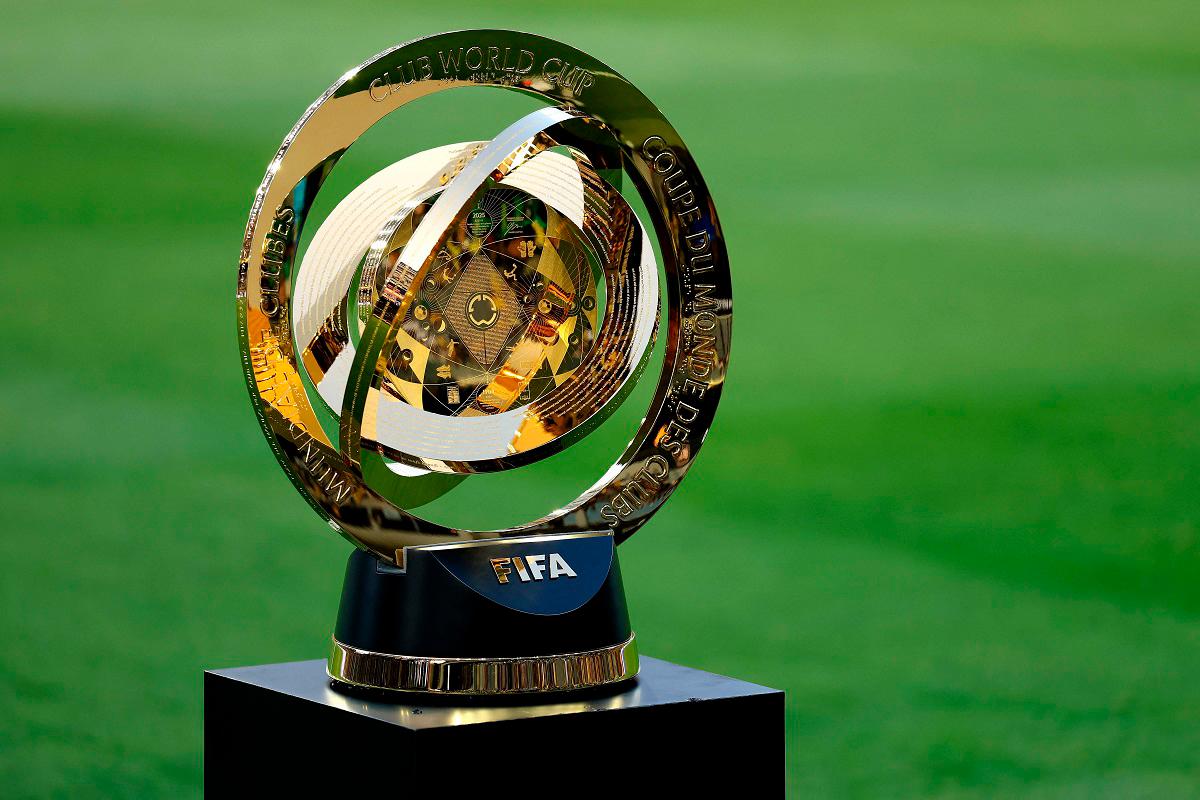
Wafric News – June 10, 2025
FIFA is betting big on spectacle, star power, and global brand appeal as it prepares to launch its most ambitious club football tournament yet—a 32-team Club World Cup, set to take place across the United States from June 14 to July 13.
With a staggering $1 billion prize pool and participation from the world’s elite clubs—including giants like PSG, Real Madrid, Manchester City, and Boca Juniors—the tournament has all the makings of a blockbuster. But the questions loom larger than the headlines: Who is this tournament really for? And at what cost?
From the day FIFA president Gianni Infantino pitched the idea, the new Club World Cup has faced scepticism—from players, fans, and even some club executives. Critics have warned it’s another expansion of the football calendar with little concern for those actually playing the game.
“Players are being pushed beyond the limit,” said global union FIFPRO when the tournament was officially unveiled in 2023. “They’re expected to perform after 11 months of top-level football, with barely any rest before a new season begins.”
In other words: more matches, more money—but the human cost is quietly mounting.
A Crowded Calendar, A Fatigue Crisis
This tournament arrives at the end of a grueling football season. Some players, like Inter Milan’s Marcus Thuram or PSG’s Désiré Doué, barely had time to switch kits after the UEFA Champions League final before being thrown into national team duties—and now, they’re back in club colours for a new global showcase.
This relentless pace not only risks injury, but also raises fundamental questions about whether players are being treated as workers—or simply assets in a billion-dollar industry.
Group Stages vs. Global Glamour
While matchups like Real Madrid vs. Flamengo or Chelsea vs. River Plate are likely to draw massive crowds, it’s the group stage that could test FIFA’s optimism. Fixtures such as Ulsan HD vs. Mamelodi Sundowns in Orlando on June 17 may require heavy marketing muscle to avoid echoing empty stadiums.
Still, with global broadcasters like DAZN offering free streaming and major names like Messi, Kane, and Mbappé on the team sheets, FIFA is hoping online buzz and star worship will drive attention.
A New Power Play in Global Football
Twelve clubs from Europe, six from South America, four each from Africa and Asia, and a handful from North America—including Messi’s Inter Miami—make up the roster. Africa’s presence is led by Al Ahly, who face Inter Miami in the tournament opener on June 14.
The tournament arrives at a time when football’s financial and political centre of gravity is shifting. The participation of clubs like Saudi Arabia’s Al-Hilal and Brazil’s Botafogo signals a wider global reach, but also raises questions about how power and influence are distributed in the modern game.
While fans in the U.S. have shown they’re willing to fill NFL stadiums for pre-season European friendlies, this tournament will test whether the same enthusiasm extends to meaningful competition featuring clubs from outside the traditional elite.
The Money Talks
Initial scepticism from clubs began to fade once FIFA announced the tournament’s billion-dollar prize pot. The eventual winner could walk away with up to $125 million, with even early exits receiving substantial participation fees.
That kind of money can’t be ignored—but it has sharpened concerns that football’s biggest decisions are increasingly driven by profit over people.
Success or Vanity Project?
FIFA plans to hold the Club World Cup every four years, but if it turns into a financial and media juggernaut, there will be strong internal pressure to make it more frequent. If it stumbles, critics will likely return louder than ever, questioning the tournament’s relevance in an already saturated football ecosystem.
In the end, FIFA’s new Club World Cup isn’t just a test of logistics or fan interest—it’s a test of football’s future. Will the global game continue to stretch itself thin in pursuit of revenue? Or will players, fans, and smaller footballing nations push back against a model that increasingly favours a wealthy few?
As kickoff approaches, the world is watching—not just to see who wins, but to see whether this tournament earns its place in the game.
By WafricNews Desk.
By WafricNews Desk.


Comment
To post a comment, you have to login first
LoginNo Comments Yet...